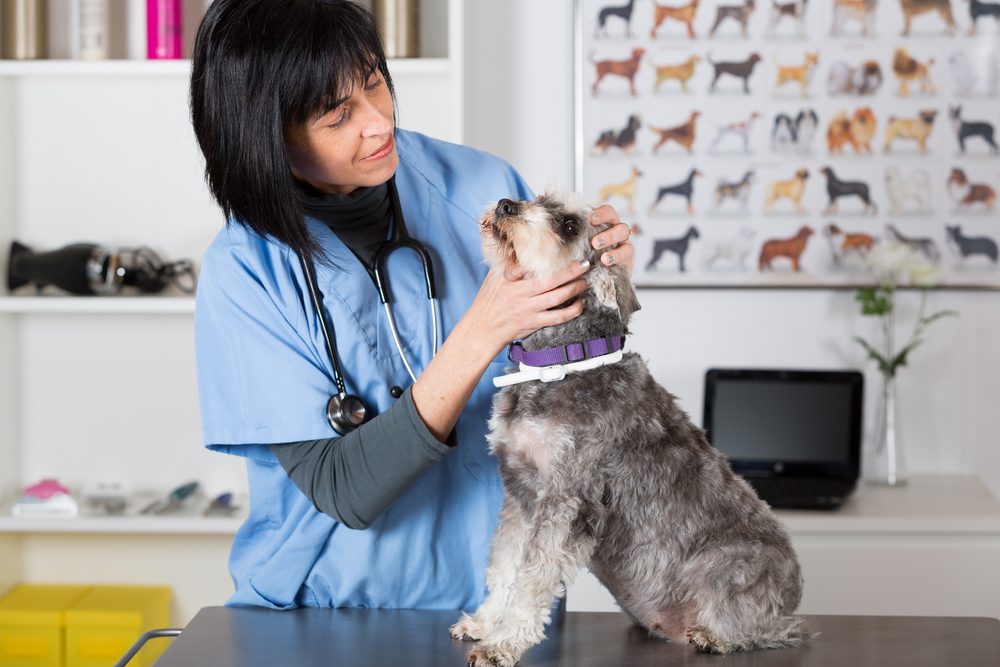EMS in practice is a great way to appreciate how the lecture notes you learn throughout your degree transfer across into real life cases. Every vet student has to complete 26 weeks of clinical EMS in order to graduate in final year and pursue a career as a Veterinary Surgeon and it is essential to help develop the key skills you will need on Day 1 in practice once qualified. So far, having completed over half of my 26 weeks, I have picked up a lot of these top 10 tips for clinical EMS along the way.
Here are my top 10 tips for Clinical EMS:
1. Revise the species treated by the practice you are going to
It does not look very impressive if you can’t remember basic knowledge about key species when you are in the higher years of vet school. Having a quick flick through your notes the night before your first day will help you avoid some potentially embarrassing situations.
- Make a list of learning objectives for the week
Even if this is just in your head, it is a really handy task to do before starting your placement. If you let the practice staff know what you are hoping to achieve from the placement, they are more likely to designate the related tasks for you to do. It also keeps you focused on what you need to practice and makes you aware to ask to perform a task when the opportunity arises.
- Remember your equipment for placement
Essential equipment you will need on your placement are items which allow you to perform a clinical exam on an animal. Remember to bring your watch, stethoscope, thermometer and pen torch. It is also very useful to always carry a pen, mini calculator and scissors – there will always be situations where these items are invaluable.
- Bring a notebook
Not only is this essential for writing up cases but I also have made a section at the front of my book where I have written key facts. This includes what we vaccinate against and when, dental formulas, how to interpret haematology and biochemistry results etc..
I also try to write down tips I have been given by vets and nurses when carrying out skills like taking blood for example. This helps me on future placements if I haven’t practiced the skill in a while and need to recap how to do it successfully.
- Ask questions
Asking questions whenever you can on placement is a great way of improving your understanding of a subject, learning new material and shows the practice staff that you are interested.
- Always ask for help if unsure
If you are not 100% certain of a task you have been asked to complete, it is much better to ask for help than to do it wrong. Staff will not be cross if you ask them to explain something in more detail or check with them that you have done something correctly. Don’t be embarrassed about asking for help, everyone at the practice would rather you ask than struggle on your own with a task you are not confident about.
- Volunteer to do tasks
Offering to do tasks will demonstrate that you are keen to help and can lead to you getting more responsibility. Doing little jobs such as cleaning the consult table between consults or offering to clean a kennel when everyone else is busy will show that you are a team player and will get you a lot of brownie points.
- Look for information sources in the practice
Some practices will have veterinary books you haven’t looked through before or have a collection of recent scientific magazines. These are very useful to have a read through in quiet times of the day and show an interest in learning new material. When I am on placements, I collect leaflets that the practice hands out to clients as they simplify difficult subjects into more manageable notes to help with my understanding. If you ask, practices are usually more than happy for you to take a leaflet on requirements for pet passports or parasite control etc. I tend to put these in my notebook and can read through them before future placements.
- Show your appreciation of the placement
Saying thank you to a member of staff who has let you try a task e.g. putting in an IV catheter, shows that you are grateful for those opportunities and will make it more likely that you are allowed to do more. I also bring in some baked goods at the end of my placements, which always go down very well and help in leaving a good impression. This can be very beneficial when you ask to come back to the practice again!
- Have fun
Clinical work experience is a great place to develop your practical skills and start applying your veterinary knowledge, so have fun learning for your future profession!
By Emma Driver, Edinburgh Vet Grad

